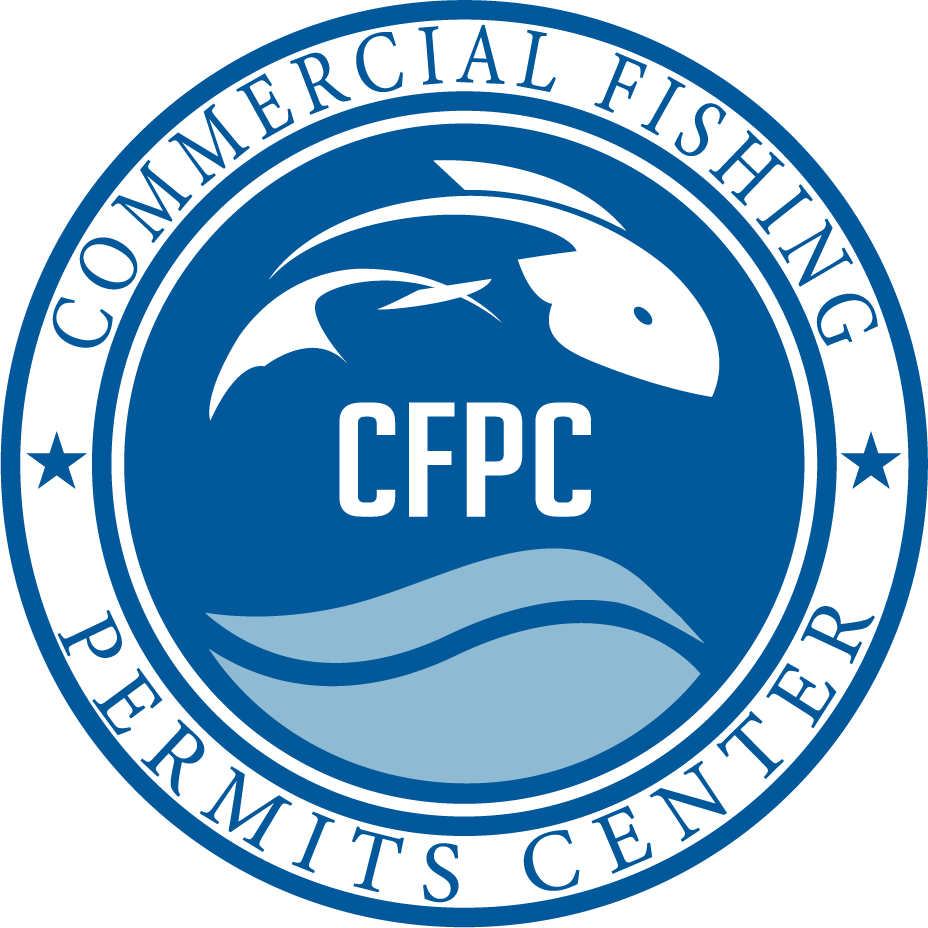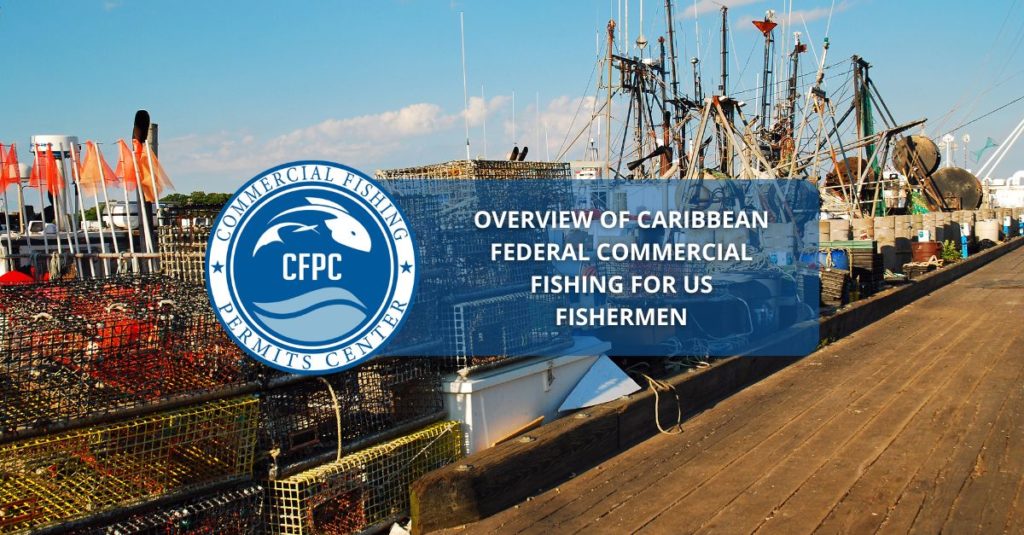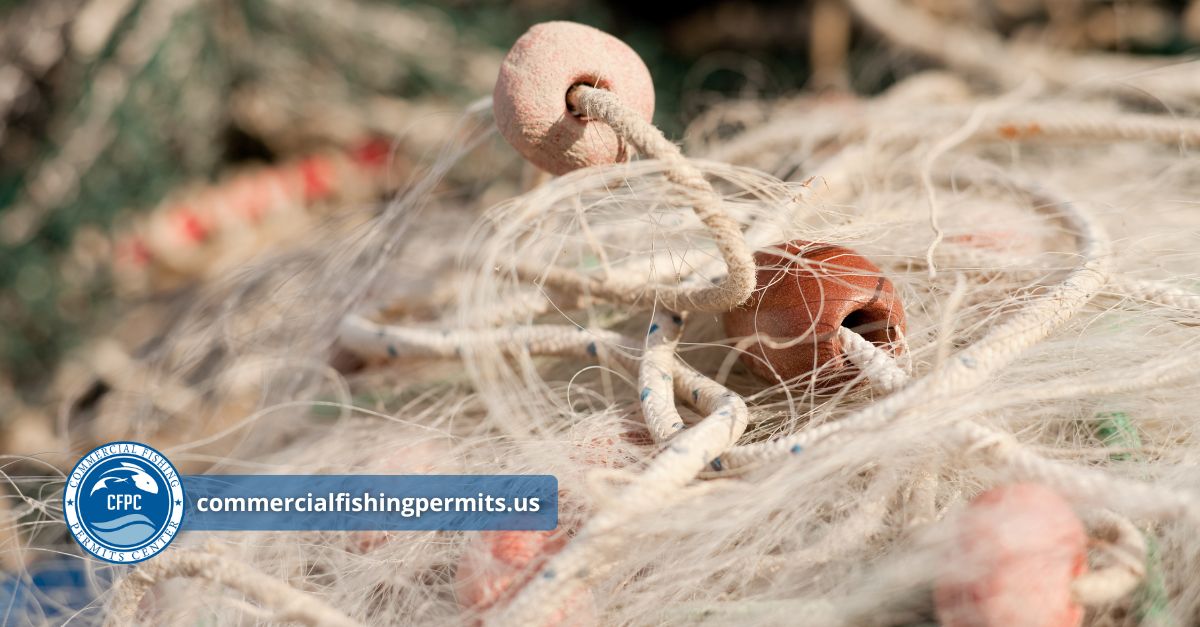Understanding what is involved with Caribbean federal commercial fishing, including regional considerations, species, and regulations, is important if you plan to make a living working on the waters in the area. Within the Caribbean are several smaller areas, each of which has its own set of rules and laws. For that reason, it’s best to know which region or regions you are operating in so you can stay in compliance. This overview will help.
International Agreements
Within the Caribbean region are several international agreements and entities that work to conserve fishing-related resources in the area. One such organization is the Western Central Atlantic Fishery Commission (WEFAC), which covers a specific portion of the Caribbean and the fish species in the area.
The United States also has bilateral agreements within the Caribbean that operate to manage and oversee the fishing industry. This includes issues such as access to fisheries, quotas and catch limits, and specific conservation measures for the region.
Role of the National Fisheries Marine Service (NFMS)
- Permitting – issues specific permits to United States commercial fishermen who are planning to fish in the Caribbean region.
- Oversee and enforce compliance – ensure that all commercial fishermen are following the region’s regulations and laws, including reporting gear, quotas, conservation measures, and gear restrictions.
Role of the Caribbean Fishery Management Council (CFMC)
- Regional oversight – manages the fisheries in the United States Caribbean Exclusive Economic Zone, including waters surrounding Puerto Rico and the U.S. Virgin Islands.
- Fishery management plans – develops and recommends management plans that include gear regulations, catch limits and conservation measures.
Caribbean Federal Commercial Fishing for Specific Species
Certain species of fish are often part of the management plan for a given region. This protects the species, ensuring plenty of future commerce, as well as protecting the ecosystem in which the fish live. They include the following:
- Highly migratory species – This includes tuna and billfish, which are protected during and as part of their migratory habits.
- Recreational versus commercial fishing – there are different regulations that apply to recreational versus commercial fishing and you are responsible for knowing which rules you must follow.
It’s imperative to abide by these laws and regulations to protect the fish in the ocean, but also to prevent yourself from incurring costly consequences for failing to follow the rules.
Environmental Considerations
There are also some regulations to keep in mind when it comes to the environment in and around the Caribbean region.
- Protected areas – some areas might be designated as protected areas, which means very specific gear restrictions and fishing limitations exist.
- Endangered species protection – to protect endangered or threatened species, regulations exist to minimize the impact on their habitat and numbers.
It’s very important to be aware of environmentally related restrictions because being caught out of compliance can result in costly fines and penalties.
If you have questions about Caribbean federal commercial fishing or would like to apply for a permit for the region, contact the Commercial Fishing Permit Center today. We’re here to help you through the entire process.



No Comments
Be the first to start a conversation